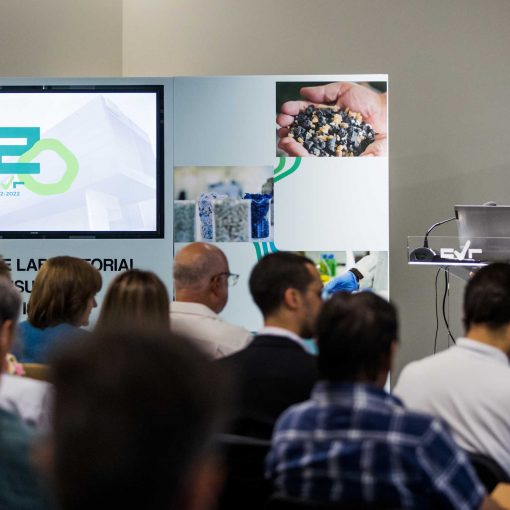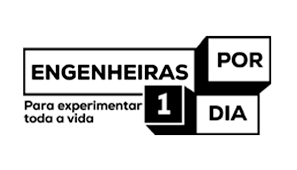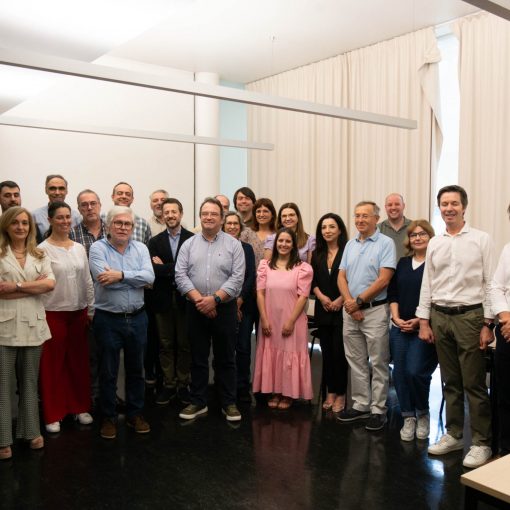Rosa Vasconcelos, a lecturer at UMinho’s School of Engineering, was re-elected vice-president of the IEEE Education Society for the 2025-2027 term. The election took place in Washington DC, USA, on 15 October. Rosa Vasconcelos will assume the vice-presidency in the area of ‘Membership and Geographic Activities’ and this election marks the recognition of her work in the field of engineering education.
Rosa Vasconcelos, UMinho’s Student Ombudsman and president of the Portuguese Network of Ombudsmen, said that her goal will be to ‘understand how engineering students at all levels can be better prepared for dynamic and rewarding careers’ and thus ‘have an impact on how engineering education evolves to meet the ever-changing needs of the workforce and student population’. In its manifesto, it also emphasised that it wants to ‘promote collaboration between researchers and educators, improve curriculum development, increase outreach and engagement, and shape awareness and policy initiatives that support education in STEM fields’.
The IEEE Education Society was created in 1957 and sees itself as a worldwide society of professionals dedicated to ensuring high quality education in science and engineering. It aims to promote education in these areas through the pedagogical training and personal development of teachers, dissemination and collaboration on projects, exchanges between people and institutions at home and abroad, and the analysis and resolution of problems in the field of engineering education.
Rosa Maria Vasconcelos was president of the Pedagogical Council, vice-president of EEUM and a member of the board of the Portuguese Society for Engineering Education and has been an associate professor in the Department of Textile Engineering (DET) at EEUM since 2005. She has a degree in Textile Engineering from UMinho, where she has taught since 1984, and a PhD in Engineering – Textile Technology and Chemistry from the same institution. She has led several scientific studies on engineering education and organisation in Portugal, as well as on employability and the transition to the labour market, the relationship between universities and secondary schools and incentives for higher education in the field of engineering.



